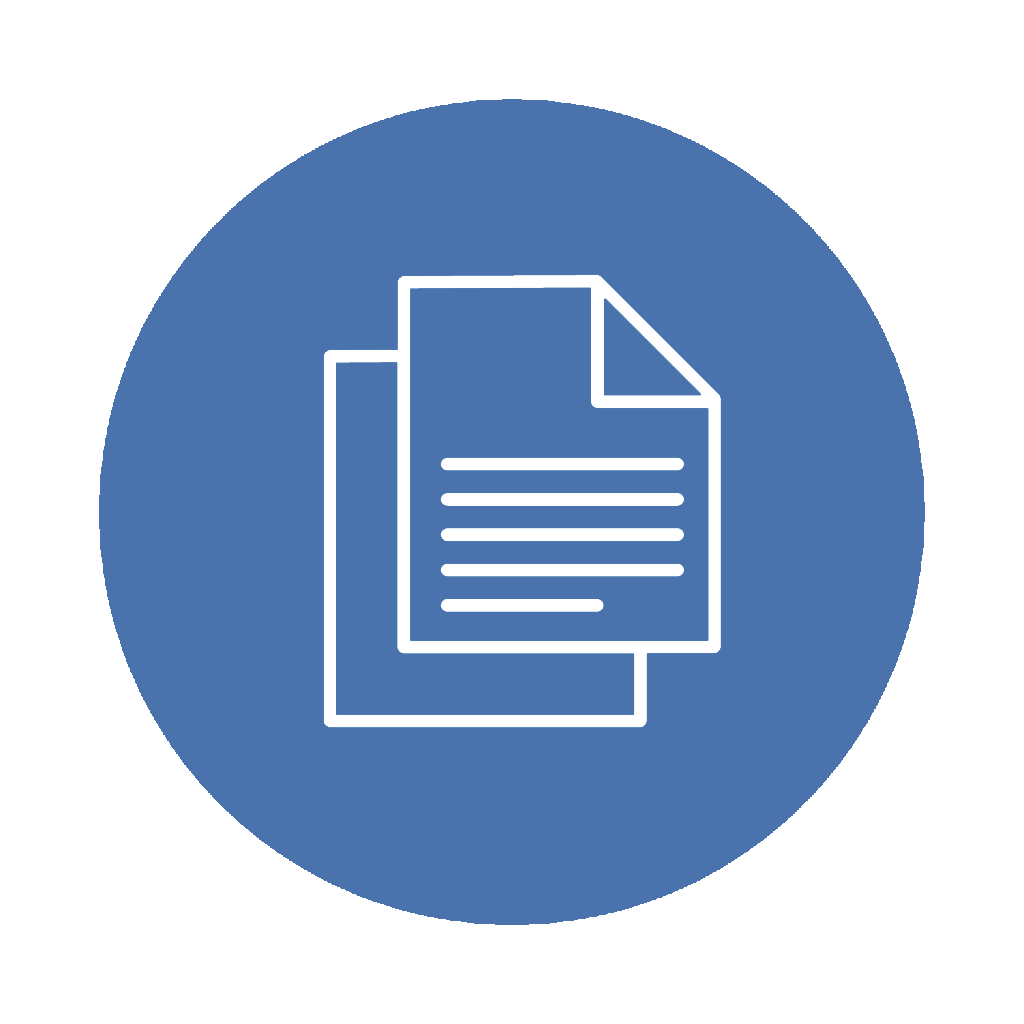01. Introduction to IS Auditing
01.03. Types of IS Audits

 Briefly reflect on the following before we begin:
Briefly reflect on the following before we begin:
- What are the primary differences between Financial Statement Audits and IS Audits?
- What are the key aspects that IS Auditors examine during operational audits?
- Investigative audits play a crucial role in addressing suspected fraud or misconduct. How could IS Auditors add value to investigative audits?
So far, we have explored the nature, goals, role, and scope of IS Auditing.
Compared to financial statement auditing, which focuses on examining the accuracy and completeness of an organization’s financial records, IS Audits, on the other hand, are more focused on an organization’s IT systems and processes. While financial statement audits aim to ensure that the financial statements present an accurate and fair view of the company’s financial performance and position, IS Audits evaluate the controls within an organization’s IT infrastructure to ensure data integrity, confidentiality, and availability. A financial statement audit is crucial for stakeholders, including investors, creditors, and regulators, who rely on accurate financial information for decision-making. On the other hand, IS Audits are not just about compliance but also about assessing the effectiveness and Efficiency of IS in supporting business objectives.
Despite these differences, Financial Statement Audits and IS Audits can be and are interrelated. Financial data is processed and stored using IT systems; hence, IT control weaknesses can directly impact the accuracy and reliability of financial reporting. IS Auditors often provide valuable insights to financial Auditors about the reliability of IT systems handling financial data. Comparing and contrasting the role of Financial Statement Audits and IS Audits help us appreciate each audit type’s unique value and how they collectively contribute to the organization’s integrity and success.
Let’s explore a few other types of assurance and consulting engagements undertaken by IS Audits.
Compliance Audits: Evaluating Adherence to Standards and Regulations
Compliance Audits focus on evaluating an organization’s adherence to external standards, laws, and regulations, as well as internal policies and procedures. It aims at verifying that organizations meet their legal, regulatory, and ethical obligations. This includes legal requirements, industry regulations, standards, and organizational policies.
The scope of a Compliance Audit can vary depending on the organization’s industry, size, and geographic location. It typically includes reviewing compliance with:
- Data Protection Laws, such as the General Data Protection Regulation (GDPR) in Europe or the Health Insurance Portability and Accountability Act (HIPAA) in the United States, set standards for handling personal and sensitive information.
- Industry-specific Regulations such as Payment Card Information Data Security Standards (PCI-DSS) for payment card processing or internal controls for financial reporting (ICOFR).
- IT Governance Standards, Including frameworks like Control Objectives for Information Technology (COBIT) or ISO/IEC 27001 for information security management.
- Internal Policies and Procedures, which are developed to assess consistent and secure IT practices within the organization.
IS Auditors start compliance audits by determining the audit’s scope, objectives, and criteria based on the relevant laws, regulations, and standards. Next, they evaluate IT policies, procedures, and controls through document reviews, interviews, and testing. IS Auditors are required to document the audit findings, including instances of non-compliance and recommend corrective actions. IS Auditors may also need to re-audit to verify that corrective actions have been implemented effectively.
While relevant, compliance audits can be challenging due to laws and regulations’ complexity and ever-changing nature. Keeping up-to-date with these changes and understanding their implications for IT systems is crucial for IS Auditors.
Operational Audits: Evaluating Efficiency and Effectiveness of IS Processes
Operational Audits evaluate the efficiency and effectiveness of an organization’s IT processes and operations. Unlike compliance audits, which concentrate on adherence to laws and regulations, operational audits delve into how well IT processes support business objectives and how they can be optimized. This includes examining how well IT resources are utilized, how IT supports business strategies, and how IT processes contribute to the overall operational performance.
Operational audits typically cover a broad range of areas within an organization’s IT function, including:
- IT Service Management evaluating the effectiveness of IT services in meeting business needs.
- System Performance assessing whether IT systems perform reliably and efficiently.
- Resource Utilization examining how well IT resources (like hardware, software, and human resources) are managed and utilized.
- Process Improvement identifying areas where IT processes can be improved for better efficiency.
- Change Management assessing how changes to IT systems and processes are managed and implemented.
- User Satisfaction gauging the satisfaction of internal and external users with IT services.
Operational audits typically start by identifying the audit’s objectives, scope, and criteria. Detailed Operational Audit procedures involve gathering and analyzing data on IT processes, resource utilization, system performance, etc. In assessing the efficiency and effectiveness of IT operations against predefined criteria, IS Auditors are expected to document their findings, including inefficiencies and areas for improvement, and provide actionable suggestions for process improvements.
Investigative Audits: Uncovering and Addressing Suspected Fraud or Misconduct
Investigative Audits focus on uncovering and addressing suspected fraud, misconduct, or non-compliance within an organization’s IT environment. This type of audit is distinct due to its reactive nature, often initiated in response to indications of suspicious activities or breaches of policy. This includes identifying the nature, extent, and perpetrators of the misconduct.
Investigative Audits typically focus on:
- Fraud Detection, identifying and assessing fraudulent activities like embezzlement, data theft, or manipulation of digital records.
- Policy Breaches examine internal IT policies, procedures, or ethical standards violations.
- Security Breaches investigating incidents like unauthorized access, data breaches, or cyberattacks.
- Root Cause Analysis determines the underlying causes of the identified issues to prevent recurrence.
The process typically involves developing a clear plan, including objectives, scope, and methodology, often with confidentiality and sensitivity considerations. IS Auditors collect data and evidence through interviews, system logs, digital forensics, and other investigative techniques. They analyze collected evidence to identify patterns, inconsistencies, or signs of misconduct. As is common with assurance methodology, IS Auditors are required to document findings, conclusions, and the impact of the investigated activities, as well as provide actionable recommendations to address the uncovered issues and prevent future occurrences.
Investigative audits add value to the organization by helping resolve incidents of fraud or misconduct effectively; recommending that these audits can strengthen controls and deter future misconduct and addressing issues proactively can help restore trust among stakeholders. In turn, they help the organization achieve compliance with legal obligations related to fraud and misconduct.
Integrated Audits: Combining IS Auditing with Other Assurance Disciplines
Integrated Audits represent a holistic approach by combining IS Auditing with other assurance disciplines, such as financial, operational, and compliance auditing. This integration offers a more comprehensive understanding of an organization’s risks, controls, and overall performance. It aims to evaluate how these elements interrelate and impact the organization’s overall risk profile and control environment.
Coordinating between different audit teams and integrating findings into a unified report can be challenging but is crucial for the effectiveness of the audit. However, if done correctly, integrated audits offer a more complete picture of the organization’s performance and risks and allow a better understanding of how risks in one area may impact others. They also reduce redundancy by combining audit efforts across different regions and provide management with integrated insights for more informed decision-making.
Integrated Audits cover a range of areas, intersecting various audit disciplines:
- IT and Financial Reporting assess IT systems’ impact on financial data integrity and reporting.
- Operational efficiency evaluating how IT influences operational processes and vice versa.
- Compliance and IT Controls reviewing compliance with IT-relevant laws and regulations.
- Risk Management examines risk management practices’ integration across IT and other areas.
Integrated Audits require a broad skill set and a deep understanding of various auditing disciplines. The integrated IS audit process typically involves developing a unified audit plan incorporating IT, financial, operational, and compliance auditing aspects. This includes analyzing data across different areas to identify interdependencies and holistic risk profiles. The integrated IS audit concludes with the IS Auditors providing integrated insights and recommendations that address multiple aspects of the organization’s operations.
 In the Spotlight
In the Spotlight
For additional context on the types of IS Auditing, please read the article titled “IS Audit Basics: The Domains of Data and Information Audits” [opens in new tab].
Gelbstein, E. (2016). IS audit basics: The domains of data and information audits. ISACA Journal, 6. https://www.isaca.org/resources/isaca-journal/issues/2016/volume-6/is-audit-basics-the-domains-of-data-and-information-audits
 Key Takeaways
Key Takeaways
Let’s recap the key concepts discussed in this section by watching this video.
Source: Mehta, A.M. (2023, December 6). AIS OER ch 01 topic 03 key takeaways [Video]. https://youtu.be/41TMHTR12GQ
 Knowledge Check
Knowledge Check
 Mini Case Study
Mini Case Study
Your organization, a multinational corporation, recently underwent significant IT infrastructure changes. As an IS Auditor, you are asked to assess compliance with GDPR since the company processes personal data from European clients. Upon review, you notice several gaps in data processing and storage practices. During an Operational Audit, you observe that despite advanced IT systems, significant delays in processing customer requests lead to customer dissatisfaction. Lastly, an anonymous tip suggests that an employee in the IT department might be involved in unauthorized access and modification of sensitive customer data.
Required: What actions would be most appropriate for each type of audit?
Audits focused on the veracity and completeness of an organization's financial statements.
Audits that evaluate an organization's adherence to external standards, laws, and regulations as well as internal policies and procedures.
Type of audit that focuses on the efficiency and effectiveness of an organization's operations, particularly IT processes.
Audits that combine IS auditing with other assurance disciplines like financial, operational, and compliance auditing, providing a comprehensive understanding of an organization's risks, controls, and overall performance.

